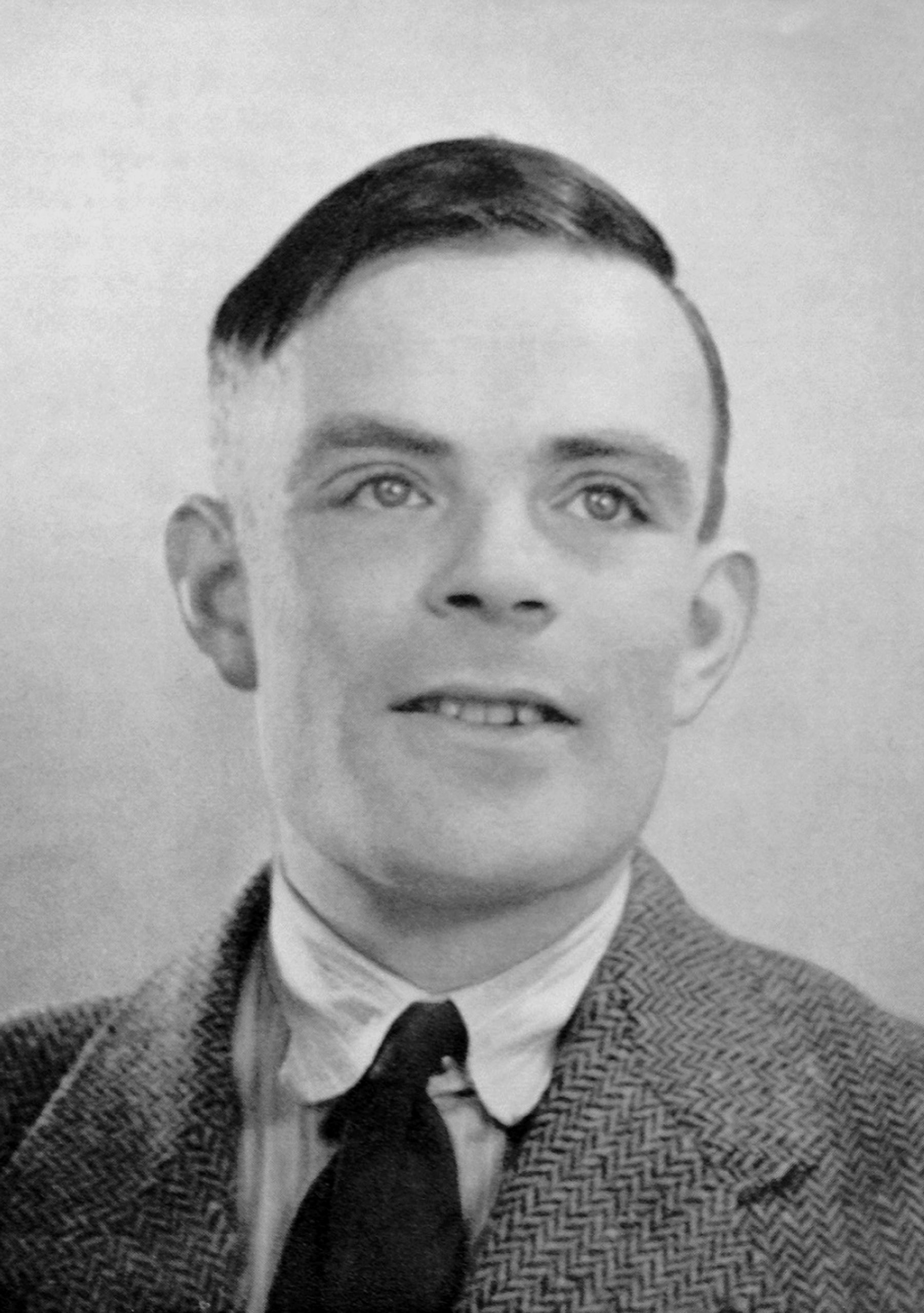
The British government is hoping a national institution will snap up two notebooks belonging to groundbreaking mathematician Alan Turing, so that the documents can remain in the U.K.
A temporary export bar has been placed on the artifacts, allowing U.K. institutions until November 15 to purchase the notebooks at a recommended price of £397,680 ($516,000). International players are free to join the bidding war after the deadline.
Born in 1912 in London, Turing is best known for cracking Germany’s Enigma ciphering system, allowing the Allied Powers to decode internal Nazi communications during World War II. The two notebooks contain Turing’s observations of the so-called Delilah project, an effort to develop an improved portable voice encryption and decryption device.
Alan Turing’s wartime papers related to the Delilah project. Photo courtesy of the U.K. Department for Culture, Media and Sport.
In 1943, the British government sent Turing to the United States to study the encryption system used for transatlantic communications between Winston Churchill and Franklin D. Roosevelt. The notebooks, which Turing kept alongside his colleague Donald Bayley, contain observations about this system and how it could be improved.
“Up to now the work has all been concentrated on the unit for combining the key with the speech to produce cipher (or scrambled speech) and for recovering the speech from the cipher with the aid of the key,” Turing wrote in a report upon returning to the U.K. “We have now produced a unit for doing this; the same unit does duty both as scrambler and descrambler, changing from the one to the other on throwing a switch.”
As with the Turing machine, the device that cracked Enigma, Delilah required computing power above and beyond anything available at the time. “The greatest care has been taken to avoid using more apparatus than is absolutely essential,” Turing wrote. “It is possible that if this had not been done, the present position might have been reached two or three months earlier, at the cost of having an apparatus of about twice the present size.”
Because Turing did not typically keep drafts, notebooks, or correspondences of any kind, the Delilah papers constitute a rare example of his surviving, unpublished work and, by extension, an equally rare look into his brilliant mind.
The British government’s hope to sell the notebooks to a British institution over an international one reflects Turing’s enduring status as a national treasure, adorning the £50 note and topping the BBC’s 2019 ranking of most iconic people from the 20th century. His wartime experience was adapted for the 2014 film, The Imitation Game, starring Benedict Cumberbatch.
A 1942 notebook belonging to codebreaker Alan Turing, which fetched more than $1 million at Bonhams in 2015. Photo: Spencer Platt/Getty Images.
In 2023, a collection of notes written by Turing and Bayley, also related to Delilah, sold for £381,400 ($495,500) at Bonhams. More impressive was the 2015 sale of a key Turing wartime manuscript, containing his mathematical notes, which fetched more than $1 million.
Turing “was central to the development of our modern digital world,” U.K. Arts Minister Sir Chris Bryant said in a statement. “It is right that a U.K. buyer has the opportunity to purchase these papers to give people the opportunity to continue to study and appreciate his work as an important part of our national story.”